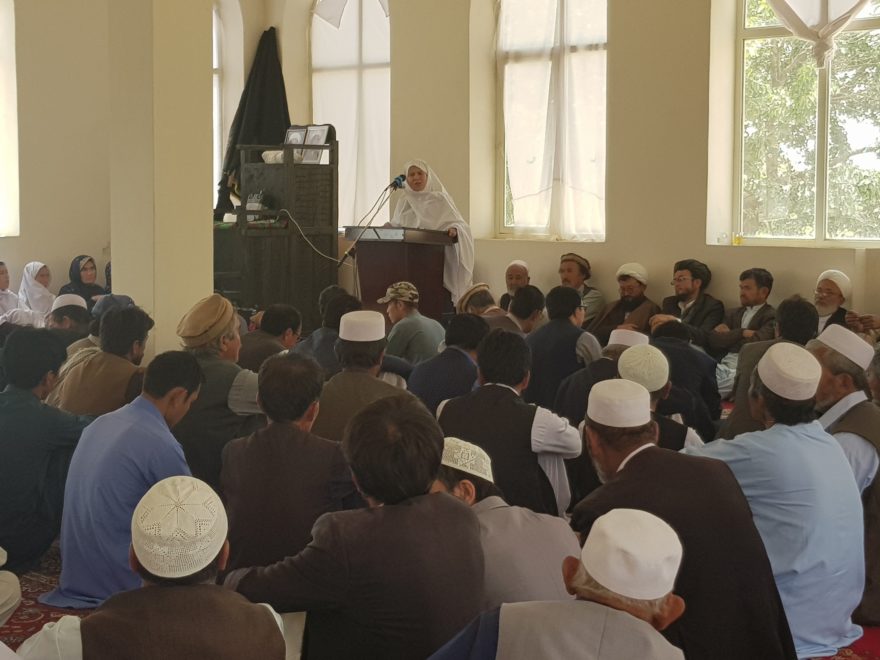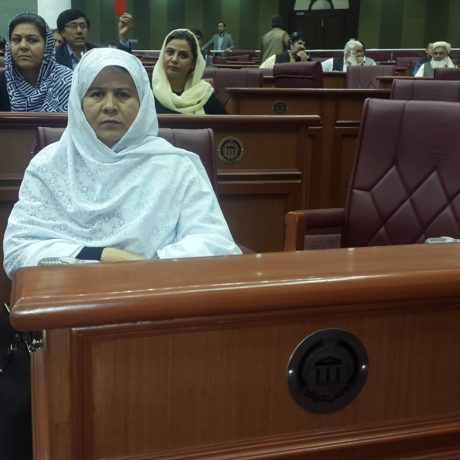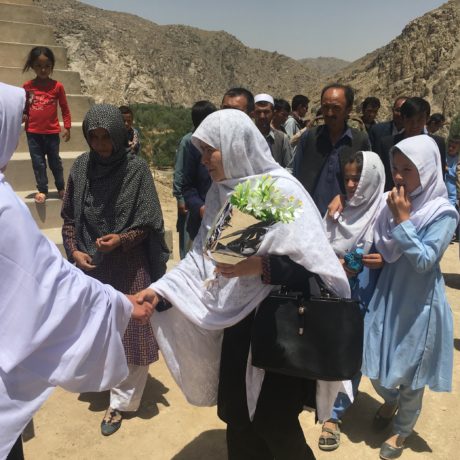
#16 days of activism
- “16 days of activism against gender-based violence” is an annual international campaign to promote women’s human rights, and increase awareness about the devastating impact on gender based violence on women and girls. It kicks off on the International day to eliminate violence against women 25 November, and ends on the Human Rights day 10 December.
- One of the campaign days is the International day of women human rights defenders on 29 November. This day is established to point to both the indispensable role of women in human rights and democracy building, as well as the problems Women human rights defenders are faced with.
- Do you want to know more about 16 days of activism? https://www.unwomen.org/en/what-we-do/ending-violence-against-women/unite/16-days-of-activism
This year, the Norwegian Helsinki Committee uses the campaign 16 days of activism against gender-based violence to promote the work of some of the women human rights defenders that amaze us, and who have found their own way of making the world more equal, one person at the time.
From teacher to parliamentarian
Originally a teacher by education, Shah Gul Rezaie was elected to represent her province Ghazni in the Afghan Parliament in 2005 for the first time. In fact, the starting point for her activities was not parliament. She started from her school – where she made a lot of effort to advocate for girls’ education.
During her time in the Parliament Shah Gul served as deputy head of the Commission on Women’s Affairs, Civil Society and Human Rights, member of International Relations commission as well as for a year chairwoman of the Central Audit and Law Enforcement Commission.
A woman can do that!
“When I ran for the first time, my main objective was not just to be elected to parliament. The main goal for me was to send the message to the others: a woman can do that; she belongs there, and she is able to make difficult decisions,” Shah Gul says about her decision to go into politics. And her message came through.
Her country was making significant progress to have women involved in public life. Eventually, 27% of parliamentarians were women. Women had become ministers, and many women participated actively in civil society, media and the educational system. Until everything changed, August 15, 2021, when the government fell, and Taliban returned.

Knowing what injustice looks like
As a young girl, as a woman, and being Hazara – an ethnic group exposed to repression in Afghanistan, Shah Gul knew what injustice looked like from a very early age. And fighting for justice became the main motivation behind her activism and decision to engage in politics. Being a woman, moreover from a rural area, the chances of her winning were slim. The pressure and expectations, on the other hand – was formidable. She also had to be a good role model for girls and women, as well as demonstrate to the men that women are fit for the job.
You should do your job the best way. If you fail, the door for you – and for the next generation – will be closed.
The support of her closest family was invaluable. It was important in the difficult process of gaining trust and support of people in general. How could she convince her voters that a woman, especially a young woman, could be responsible enough to hold political positions?
“Some people were thinking “How can this girl represent our ideas? Where are the men? I had to gain the trust of people around me slowly”, she recalls.
Speaking with one, powerful voice
Her first term in the parliament was exciting – but with many difficulties.
Today Shah Gul considers that she succeeded with her mission; to ensure that women gained their rightful position in national politics. But then came Taliban’s return to power – and Afghanistan and Afghan women returned to a zero point again.
But Shah Gul is not done yet, and she continues to bring up Afghan women’s situation – all while trying to adapt to her life in Norway. She is an active member of a coalition of Afghan women living in exile in different countries – a network for sharing information, support and advocacy for Afghanistan in particular for Afghan women.
We want to transform these different voices, from different countries, into one voice. One powerful enough to symbolize the voice of Afghan women who are not allowed to speak. More than ever Afghan women voice should be raised and heard.
It is not too late
Shah Gul does not see herself only as a women right defender for the rights of the women only in her country. She believes that the demand of human rights, women rights and equality is a universal demand. How can the concept of women rights can be defined in the world while in some part of the world like Afghanistan women still have no right to education, no access to justice, no right to walk freely down the street. Now Afghan women are in an unequal war with the Taliban. While the education and capabilities are the only tool which women have, Taliban have used all tools and opportunities to remove women from the public life. Her fight is their fight too.
“I have hope. I think the nature of a human being is not to live only for yourself. When I reflect on the current situation, I don’t think we can see a big change for my generation. But it is not too late for the next generation.”
The position of women like Shah Gul Rezaie is recognized by significant human rights resolutions. One of them is the landmark Security Council resolution on Women, peace and Security, Resolution 1325, which underlines that human rights defenders like her are pivotal to resolving war and conflict. And the UN General Assembly have also adopted Resolution 68.181 urging that women human rights defenders gain the necessary protection they need, connected to the additional risk they face in comparison with other human rights defenders.








